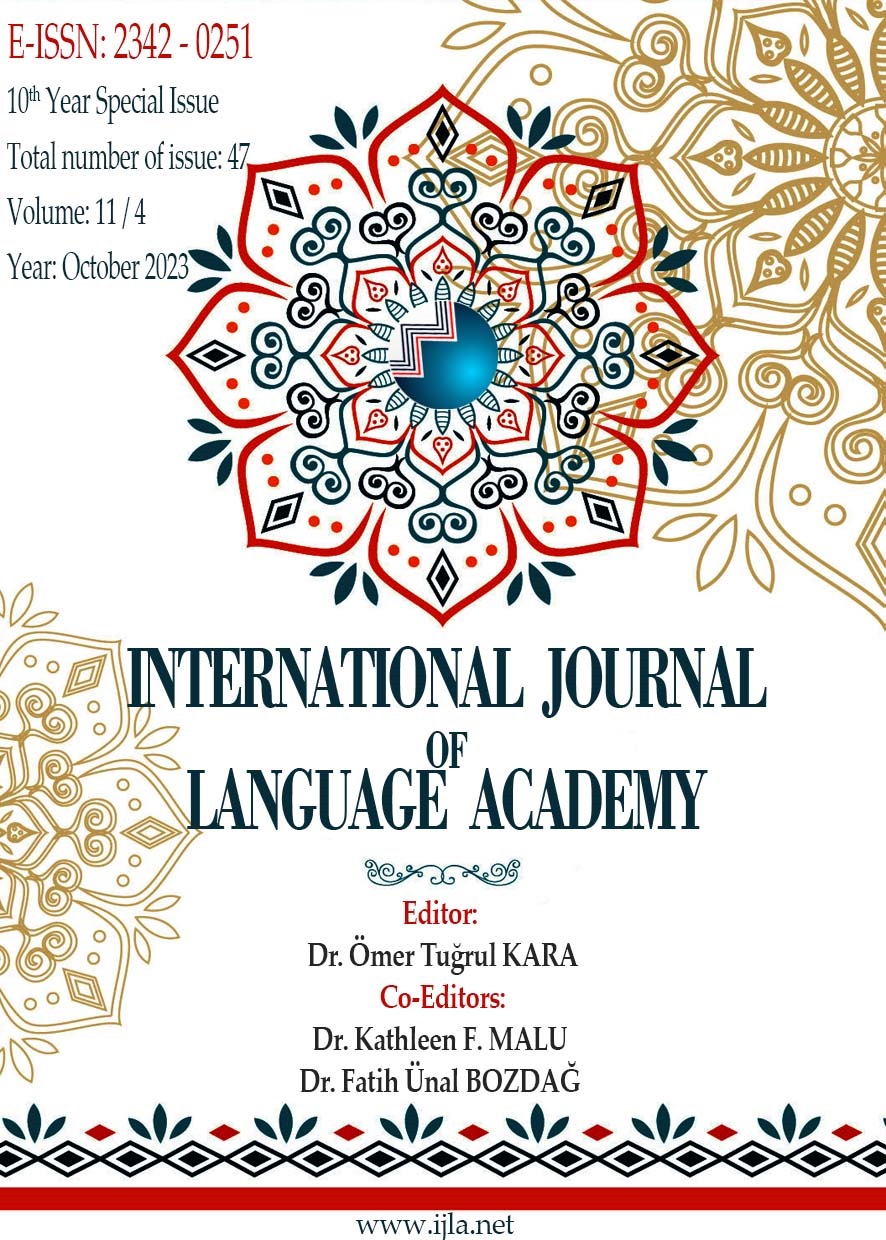AN ECOFEMINIST APPROACH: UNEARTHING DEPTHS IN LAURA FISH’S STRANGE MUSIC AND BERNARDINE EVARISTO’S BLONDE ROOTS
Author :
Abstract
Keywords
Abstract
This article explores neo-slave narratives, employing various theoretical frameworks, including feminism, postcolonialism, and critical race theories. It takes a distinctive turn by focusing on the often-overlooked perspective of ecofeminism. This perspective builds upon the foundational work of Lawrence Buell’s The Environmental Imagination (1995) and Cheryll Glotfelty's contributions to The Ecocriticism Reader (1996), introducing key ecocriticism concepts such as nature writing, anthropocentrism, ecological literacy, bioregionalism, ecological aesthetics, and ecofeminism. The article analyses two black British neo-slave narratives: Laura Fish's Strange Music (2008) and Bernardine Evaristo’s Blonde Roots (2008). These narratives delve into the intricate relationship between women and nature through an ecofeminist lens, shedding light on the multifaceted links between gender-based oppression and environmental degradation. In Strange Music, characters like Leah embody ancestral wisdom and engage in African rituals deeply intertwined with nature. Leah's guidance to Sheba highlights the profound connection between birth and death, echoing the eternal cycles of nature. In Blonde Roots, Doris encounters Ye Memé, a powerful figure who personifies physical beauty and inner strength. Ye Memé's protection and support ultimately pave the way for Doris’s journey to freedom. Both narratives emphasize the profound interdependence between women, nature, and culture, offering fresh perspectives on empowerment and interconnectedness. This article prompts readers to reconsider their perceptions of power, oppression, and the shared struggles of marginalized communities and the environment within the intricate web that binds humanity and the natural world by examining these narratives through an ecofeminist lens.





